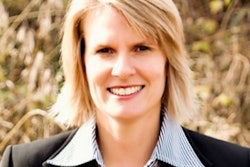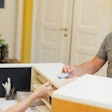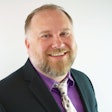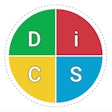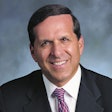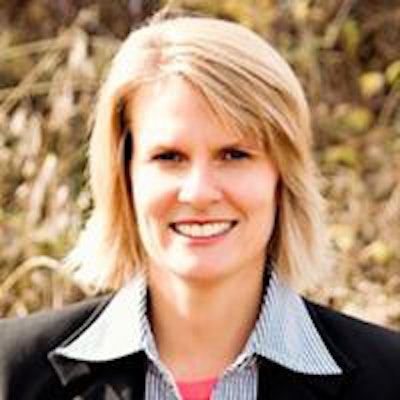
My patient opened her mouth, and I saw red gums and way too much plaque caking between her teeth. I inquired about her home-care routine.
"What do you do at home to care for your teeth and gums?" I asked.
"I brush them every day," she reported.
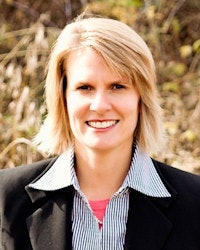 Lisa Knowles, DDS.
Lisa Knowles, DDS.In my mind I was thinking, "With what?" But, my role as a dental coach offers no room for deconstructive criticism or snarky comments. I quickly focused back on my patient's needs.
"Do you ever floss?" I inquired.
"I use those picks sometimes," she answered.
"How about regular floss?" I continued.
"It's much easier to pop those picks in and out," she said.
"A-ha," I said to myself.
My mind slightly drifted again into a more complex thought. That is why we have so many problems with patient compliance: Everyone wants an easy solution. I want easy solutions. There are no easy solutions when it comes to managing our health.
As dental professionals, we spend a lot of time telling patients how to take care of their teeth. We assume the role of an all-knowing vault of knowledge with ease. Certainly we know a lot -- typically more than our patients when it comes to dental expertise, but what good is all that knowledge if we cannot get our patients to change their habits or change their attitudes? Do we simply let them continue to believe that their half-hearted efforts will be sufficient to keep their mouths healthy? Or, worse yet, do we shame them into changing their routines?
In many of my coaching experiences, I find that is exactly what happens. Hygienists, dentists, and assistants do not want to challenge patients enough on their current beliefs and habits, or they lecture patients on what to do differently with blame and accusations. The patient glazes over -- either with a false sense of being A-OK or a sense of indifference to what is being recommended. Six months later, the patient returns with the same mouth and maybe a little bit worse condition.
In each of the office environments I have been in, there has been at least one or two team members who operate in this manner. Often the dentist leads the charge with statements like, "We don't want to lose any patients. Just do what they want."
Poor patient results inspire me to find ways to get my patients to do things differently. Questioning patients takes some guts. And, that gutsy move must be encouraged and fostered by the leadership in the office. Certain communication skills must be learned before making bold statements or asking difficult questions. A balance is needed between encouraging and demanding. An empathic demeanor is needed to create this safe environment -- and environment in which change occurs.
With the flossing patient mentioned earlier, in a challenging but not obnoxious way, I asked, "But, is easier better?"
She gave me that look that said, "Yes, Dr. Knowles. I get it." But then she responded with a smile, "No, easier is not always better."
I reviewed how to floss with the "string floss" as she called it. I coached her through the process. I helped her get the floss on the right fingers. I told her what she did right, and I gently pointed out ways to be more effective. We reviewed the "it bleeds" plea, and I reminded her to anticipate soreness as her gums get back into shape -- a less swollen shape.
Not everyone is coachable, and these types of conversations are not always welcomed. I simply back off if I sense an argumentative type of conversation is starting to brew. Most of the time, our patients appreciate the feedback and want to improve their health.
Being healthy is not easy. Patients often need a reminder about the efforts that are needed to keep their mouths and bodies healthy. If it were easy, everyone would have teeth.
Lisa Knowles, DDS, is the founder and CEO of IntentionalDental Consulting. For more information, contact her at [email protected] or 517-331-3688. Visit her blog site at Beyond32Teeth.com or website at IntentionalDental.com.
The comments and observations expressed herein do not necessarily reflect the opinions of DrBicuspid.com, nor should they be construed as an endorsement or admonishment of any particular idea, vendor, or organization.




